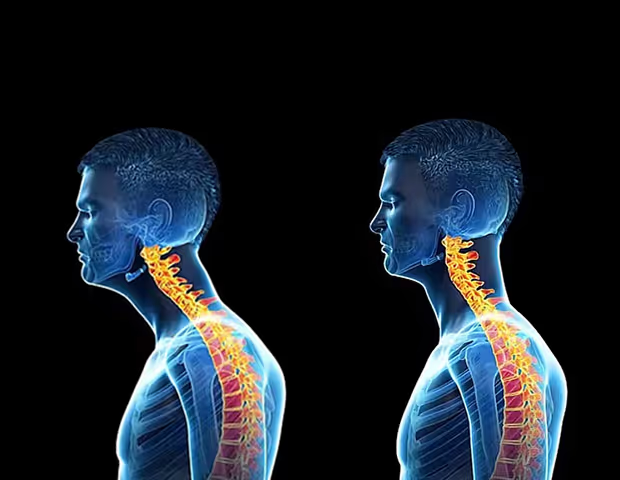Stress

Everything You Need to Know About Stress
Stress is a biological response to a perceived threat. It’s caused by chemicals and hormones surging throughout your body. Stress can help you respond to a particular problem, but too much of it can harm your health.
Stress triggers your fight-or-flight response in order to fight the stressor or run away from it. Typically, after the response occurs, your body should relax. Too much constant stress can have negative effects.
Is all stress bad?
Stress isn’t necessarily a bad thing. It’s what helped our hunter-gatherer ancestors survive, and it’s just as important in today’s world. It can be healthy when it helps you avoid an accident, meet a tight deadline, or keep your wits about you amid chaos.
We all feel stressed at times, but what one person finds stressful may be very different from what another finds stressful. An example of this would be public speaking. Some love the thrill of it and others become paralysed at the very thought.
Stress isn’t always a bad thing, either. Your wedding day, for example, may be considered a good form of stress.
But stress should be temporary. Once you’ve passed the fight-or-flight moment, your heart rate and breathing should slow down and your muscles should relax. In a short time, your body should return to its natural state without any lasting negative effects.
On the other hand, severe, frequent, or prolonged stress can be mentally and physically harmful.
And it’s fairly common. When asked, 80 percent of Americans reported they’d had at least one symptom of stress in the past month. Twenty percent reported being under extreme stress.
Life being what it is, it’s not possible to eliminate stress completely. But we can learn to avoid it when possible and manage it when it’s unavoidable.
Defining stress
Stress is a normal biological reaction to a potentially dangerous situation. When you encounter sudden stress, your brain floods your body with chemicals and hormones such as adrenaline and cortisol.
That gets your heart beating faster and sends blood to muscles and important organs. You feel energised and have heightened awareness so you can focus on your immediate needs
Source : https://www.healthline.com/health/stress
The Sleep-Stress Connection
https://www.webmd.com/sleep-disorders/video/farrell-sleep-stress
More health related problems wooden pillow solves

Phone neck syndrome
If you are here and reading this article, you are likely someone who has been suffering with “text neck” or “phone neck syndrome". The term "Phone Neck Syndrome" describes our health condition that develops from frequent usage of screens especially phones while we are texting and scrolling.
.avif)
Poor posture
Poor posture goes beyond aesthetics and can have surprising and often overlooked consequences that significantly affect our health. From headaches, neck and lower back pain to shoulder pain and digestive problems, the effects of poor posture permeate various systems within our bodies.

Headache
Headache pain results from signals interacting among your brain, blood vessels and surrounding nerves. During a headache, multiple mechanisms activate specific nerves that affect muscles and blood vessels. These nerves send pain signals to your brain, causing a headache.
Want to see howwe help people?
people?

Free resources, from the heart
& get a free webinar now!